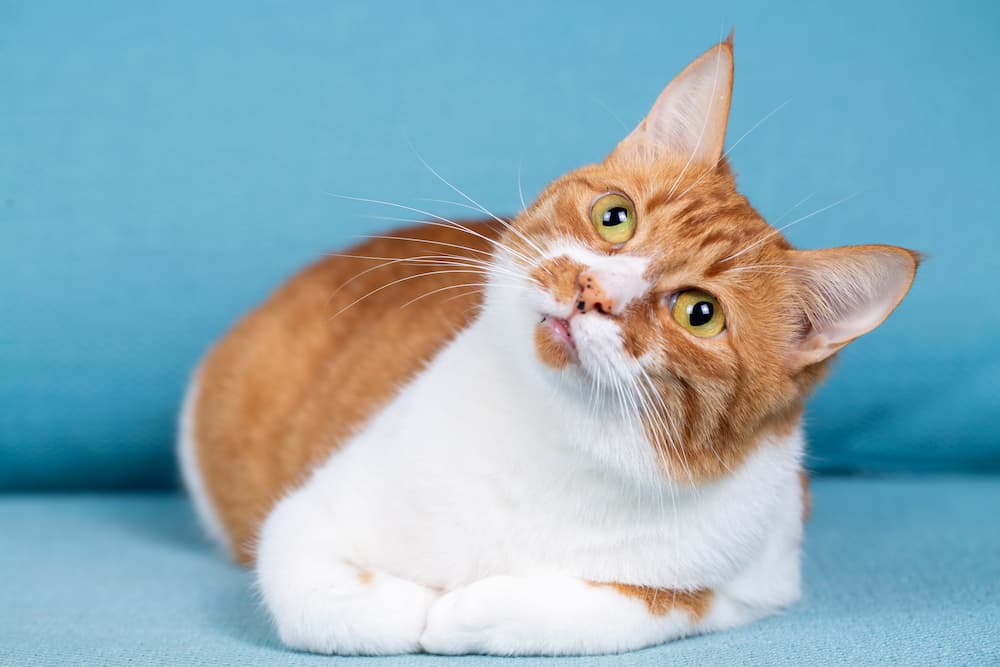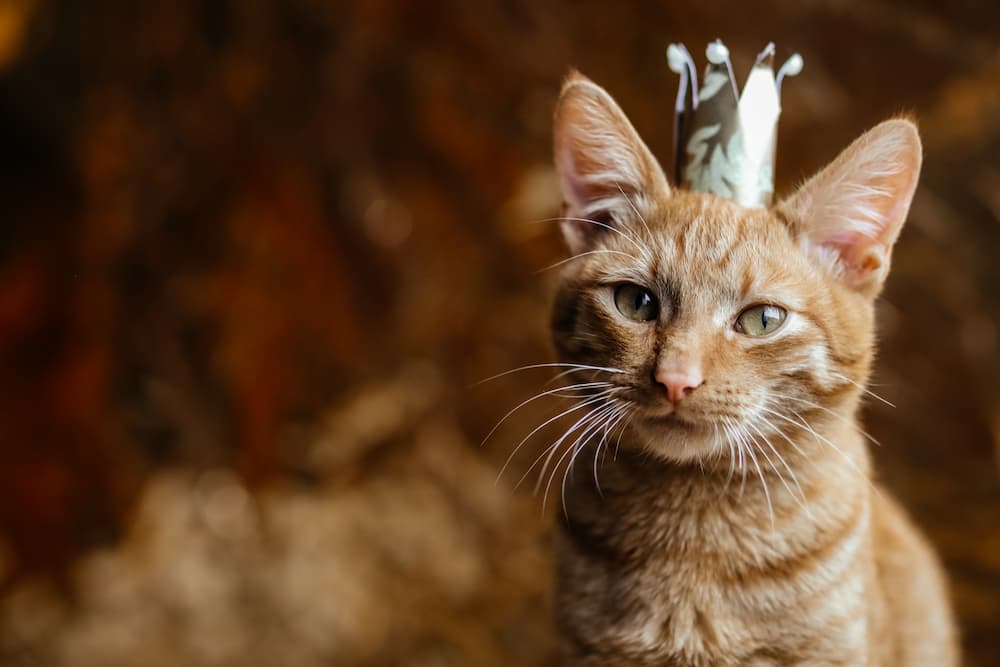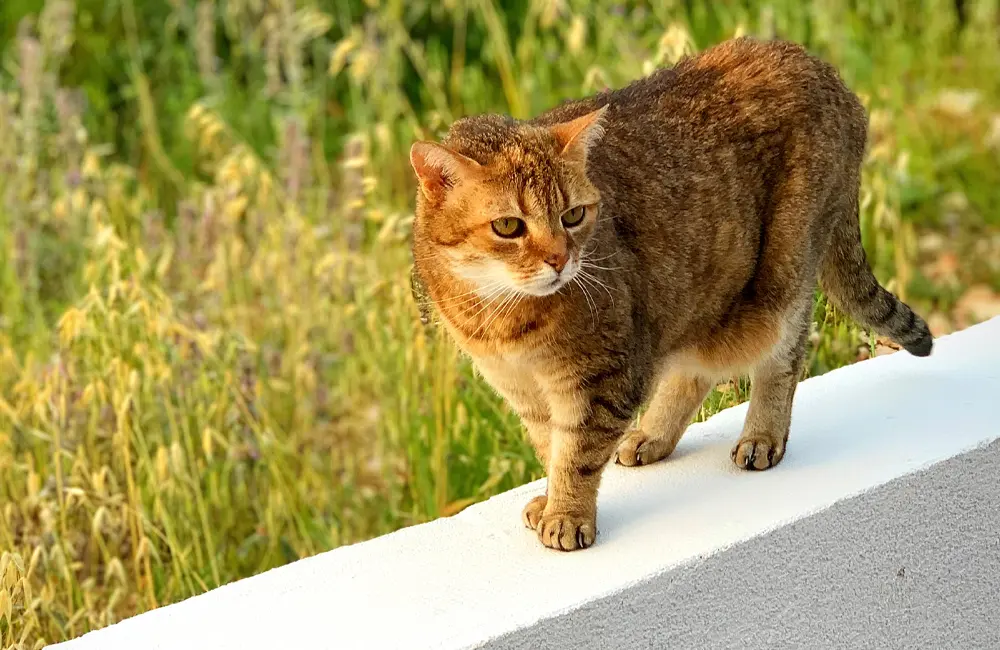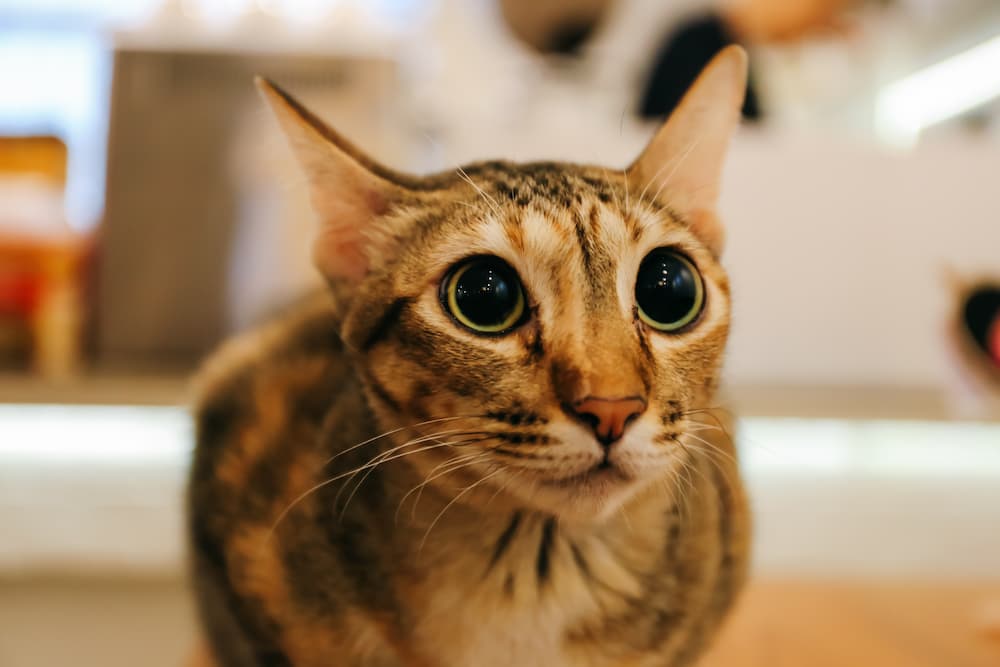It’s estimated that more than 19 million Americans aged 12 or older have experienced some form of substance use disorder (SUD). While addiction may be commonplace, the path to recovery is often a long and difficult one. That does not mean, however, that joy and companionship cannot be found in the journey to sobriety.
For many of us, that companionship may come in unexpected forms: with four legs, a swishing tail, and a sandpaper tongue. Indeed, there’s increasing evidence that therapy pets can play a powerful role in supporting addiction recovery. Cats, in particular, may be the north star to follow on the road to wellness.

Cats and Coping
Anyone who has ever loved a cat knows what a comfort they can be. For those experiencing addiction, the serenity that snuggling a purring fur-baby can provide may well mitigate relapse triggers. Research on alcohol use disorders (AUD) has found that a range of emotional triggers, from loneliness to anxiety and depression, can increase alcohol cravings.
The mere act of taking care of a cat, however, can address all of these emotional challenges and more. When you hold your fur baby or see to its needs, you’re also simultaneously reducing your stress, boosting your self-esteem, and cultivating a more positive worldview.
It’s not difficult to understand how cats work such magic. They love you, deeply and unconditionally. To them, you are the world. You are perfect. It’s difficult to fall too far into the pit of guilt and self-doubt when you look into the incomparable eyes of your little Fifi.
Cats for Calming
Studies have shown that cats don’t just help you feel happier and less lonely. They can also have an immediate and substantial impact on your physiological functioning. The evidence that time spent holding or stroking a cat can significantly reduce your blood pressure and heart rate is vast.
When your body enters that physiological state of calm, you’re going to be better equipped to manage cravings because you will no longer be trapped in the state of hyperarousal that can so easily lead to relapse. Indeed, learning to relax is one of the most potent tools for maintaining sobriety.
Cats as the Cared-For Carers
Cats don’t just provide comfort and companionship. They also provide a sense of duty and purpose. When another soul is depending on you, inevitably, you’re going to spend less time in your head.
There is feeding and watering to be done. There are cat boxes to be changed and brushing to attend to. And let’s not forget playing and cuddle time.
In other words, taking care of your cat requires you to be physically active and mentally present. You’re also required to keep to at least a relatively routine daily schedule, which can prevent bouts of sleeplessness, or, conversely, oversleeping. Simply put, taking care of your cat sufficiently also inevitably means adopting a lifestyle that helps you to take care of yourself—and your sobriety.
The Takeaway
Every cat momma or daddy knows that your feline isn’t just a pet. It’s your baby. However, your cat can do far more than just give you a good laugh when she’s chasing a laser pointer or lull you to sleep when he nuzzles up on your chest at night. If you are one of the tens of millions of Americans experiencing addiction, your cat can be a fierce warrior and ally in your fight for sobriety. From the peace and calm they provide to the sense of purpose and routine they inject into your daily life, they can be both the reason, and the support, you need to get—and stay—clean.

About the Author: Katie Brenneman
Katie Brenneman is a passionate writer specializing in lifestyle, mental health, and animal-related content. When she isn’t writing, you can find her with her nose buried in a book or snuggling with her cat, Clementine. To connect with Katie, you can follow her on Twitter.
___
Enjoyed this article? Pin it!

For many of us, that companionship may come in unexpected forms: with four legs, a swishing tail, and a sandpaper tongue. Indeed, there’s increasing evidence that therapy pets can play a powerful role in supporting addiction recovery. Cats, in particular, may be the north star to follow on the road to wellness.







